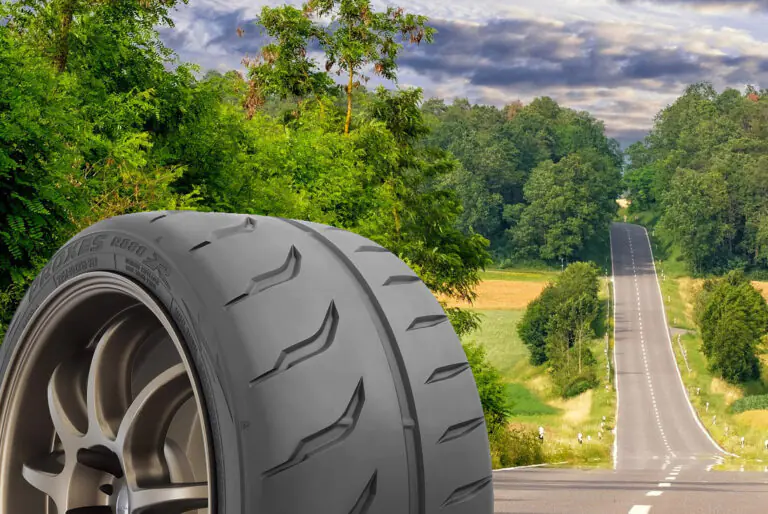Farm Safety Week – Agricultural tyre safety
Article written by Bush Tyres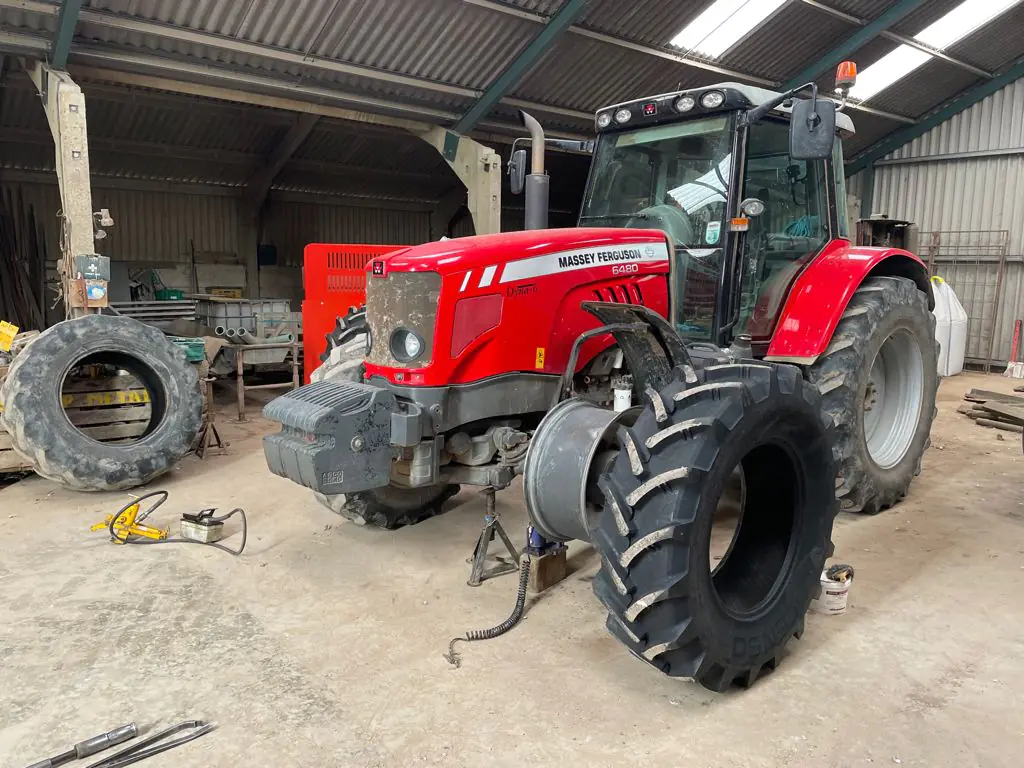
In support of Farm Safety Week this week, we will be talking about the potential dangers associated with agricultural tyres. While we would always recommend leaving all tyre related issues to professionals, there are times, places, and reasons why this does not happen.
If a tyre or wheel rim fails, the consequences can be lethal for the person fitting the tyre or anyone nearby. If it is necessary for you to remove and re-fit a tyre, or even reinflate a tyre, from a safety point of view there are a number of things to think about.
You must recognise the distinct types of wheel rim. One-piece, well-based, wheel rims now predominate in farm machinery, but older machines like forklifts, trailers and machines with low ground pressure flotation tyres may be fitted with multi-piece or split rims which are held together by a locking ring or circle of bolts. Unless you follow the proper procedures during tyre removal or inflation, explosive separation can happen. Always leave this type of wheel rim to a qualified tyre fitter.
If it is necessary for you to attempt a tyre change or repair you will require a selection of suitable tyre levers, straight and curved type are essential. You will require a mechanical or hydraulic bead breaker. You will need a jack with a lifting capacity that that exceeds the weight of the tractor or machine that you are lifting, and you will also require high-capacity axle stands.
Before jacking, always move the machine to a hard standing area. Jacking on uneven or soft ground multiplies the chance of injury caused by the machine, jack or axle stands shifting during the operation. If it is not possible to move the machine and you must work in the field, make a stable jacking area from railway sleepers or similar. If you need a block to get enough lift height, use one with flat parallel sides. Position the jack to account for the change in machine angle when jacking. A jack is for lifting not support, so when you have raised the machine to a suitable height, let it down onto at least one secure high-capacity axle stand.
To prevent the machine from rolling, position a chock on both sides of a tyre/wheel on which you are not working.
So that another person cannot move the machine, and to let others know what is happening leave a sign or note on the seat and remove the ignition key.
Whenever possible, leave the wheel on the machine. Tyre removal, re-fitting and inflation are much easier and safer with the wheel bolted securely in place. If you must fit a tyre to a loose wheel always re-attach the wheel to the machine before trying to seat the tyre beads and inflating the tyre.
During fitting and removal, the tyre beads are the most vulnerable parts of a tyre. The beads are hoops of steel wire encased in rubber at the base of the tyre sidewall. As you inflate the tyre, the beads seat the tyre on the wheel rim, and in tubeless fitments, they retain air. In work, the tyre beads transfer engine torque through the wheel to the tyre. If you damage the beads during tyre removal or fitment they can fail with potentially fatal consequences.
When inflating a tyre, visualise the zone of maximum danger as a 3D cone that starts at the tyre beads and radiates outwards at 45 degrees from them. Debris from an explosion is most likely to fly inside the cone shaped area. Tyre failure normally happens at the sidewall or in the bead area, so stand facing and far away from the tyre tread. We recommend a 3-metre length of hose between the inflator and valve. While adding air, DO NOT hold the inflator on the valve.
When not fitted to a machine, large tractor tyres are potentially unstable and difficult to manoeuvre. To minimise the chance of a tyre falling on you and causing a crush injury, it would be advisable were possible to use a forklift or at least ask another person to help. If you must work alone, keep a mobile phone within reach.
As always, if you have any agricultural tyre or wheel issues, our experienced and qualifies tyre experts are always on hand to help. Contact your local branch who will be able to help, advise and arrange mobile tyre fitting on your farm.
Find a branch
For more info on Farm Safety week visit: https://www.yellowwellies.org/



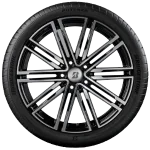 Tyres
Tyres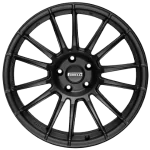 Services
Services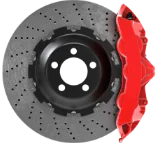 Fast Fit
Fast Fit Offers
Offers